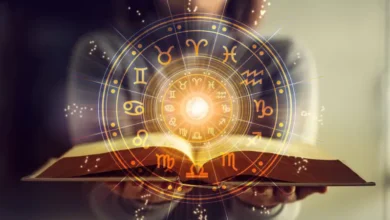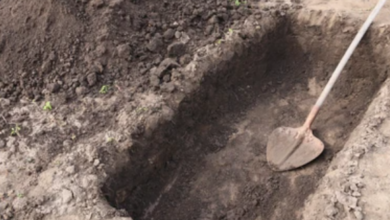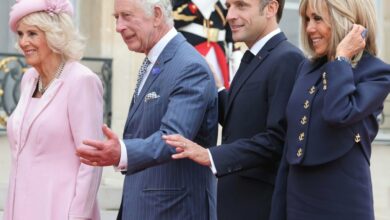‘I can remember photographing Kylie but not what I did this morning’
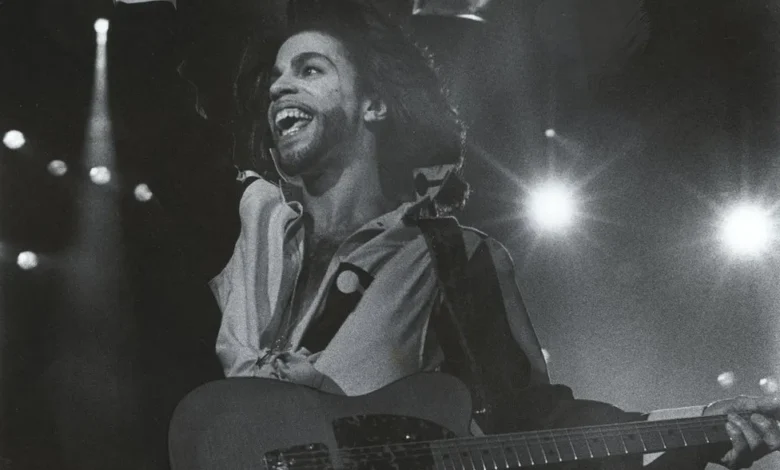
A celebrated photographer has used his own archive to help preserve past memories and create future ones following a diagnosis of dementia.
Using his images as prompts, Jason Scott Tilley can vividly recall details of covering local and international news stories, as well as capturing celebrities and trips to India exploring his Anglo-Indian heritage.
But, he says he struggles to remember what he has done that morning.
At Christmas in 2020, the 55-year-old suffered a series of mini strokes, which had an impact on his short-term memory.
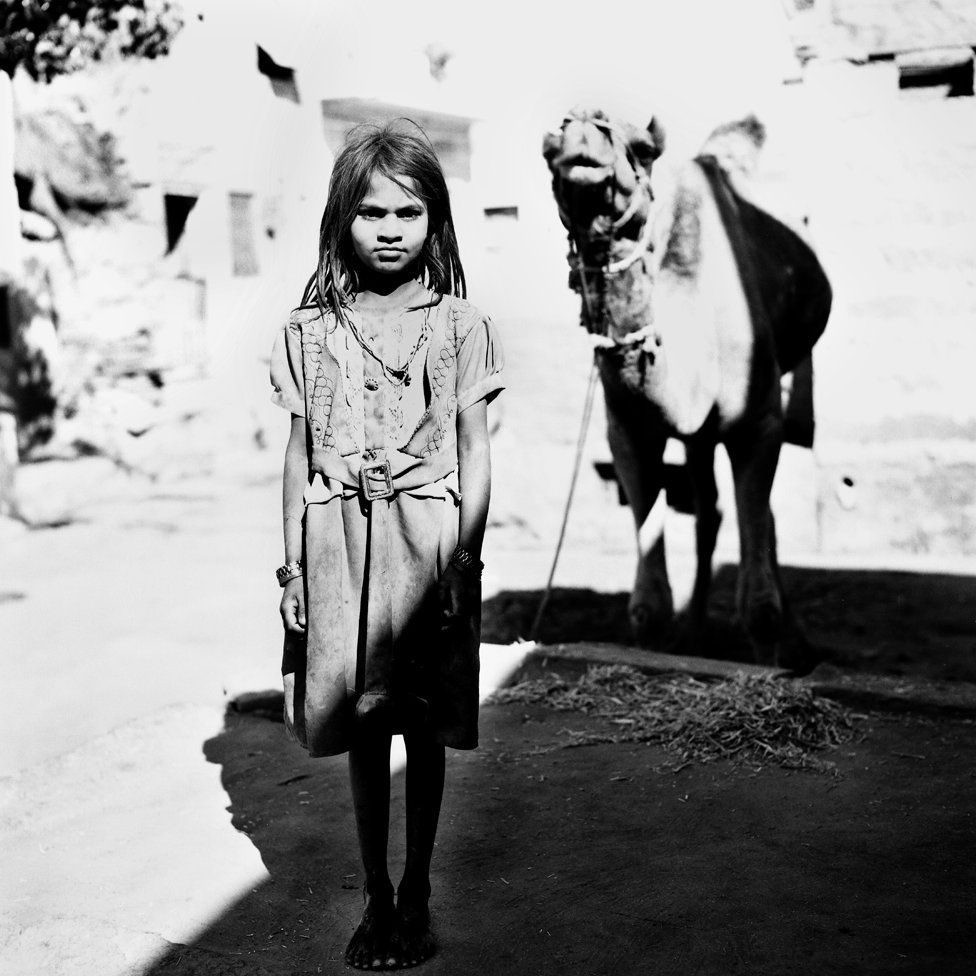
“I had two TIAs – transient ischaemic attacks – and have been diagnosed with vascular dementia,” he said.
“My friends all take the mickey,” he joked. “They say, ‘That’s the name of one thing you can always remember'”.
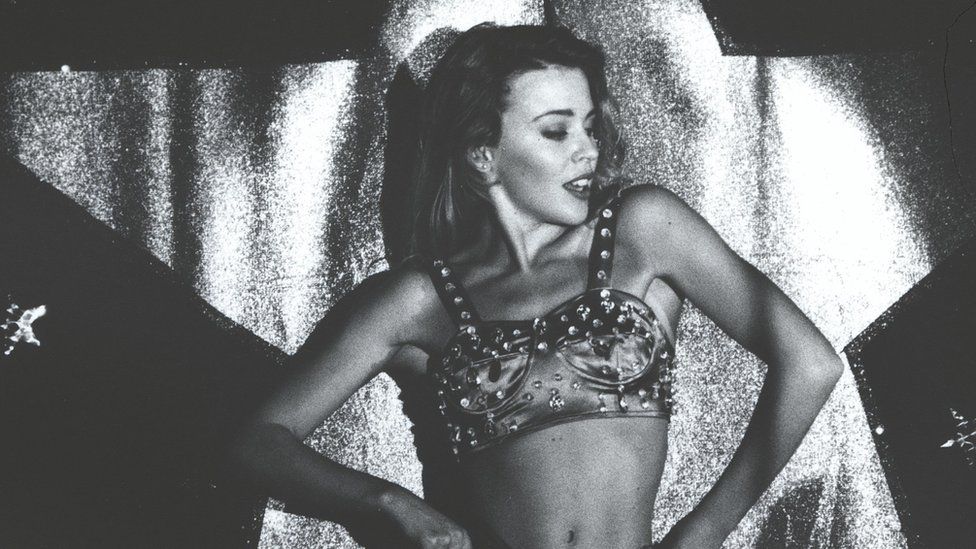
Some basic tasks became more difficult after the strokes. He explained: “I just had to call home to ask my mum if I’d taken my tablets today.”
He described feeling “terrified” about losing the ability to develop photographs, but added that with support he has started exploring the practice again.

Arts Council England (ACE) funding has enabled him to put his archive in order, using the photographs to “help build new memories,” said friend and collaborator Dr Ben Kyneswood.
The project, with Coventry organisation Art Riot Collective (ARC), will also see him collaborate with eight other neurodiverse artists – who will respond to his photographs resulting in associated exhibitions next year.
The commission was “really important” added Mr Tilley. “It’s something I really needed to do after the diagnosis”.
The artist, whose work has been exhibited in the city, with some preserved in the Coventry and Birmingham archives, said he had been inspired to take up photography by his grandfather, Bert Scott.
Mr Scott worked for the Times of India throughout the 1930s and 40s, documenting the country as the British government devolved power resulting in partition, in 1947.
On 14 August that year, he was in place to capture an image of the moment Lord and Lady Mountbatten walked down the steps in New Delhi, ceremonially leaving India and signalling the end of the British Empire, Mr Tilley explained.
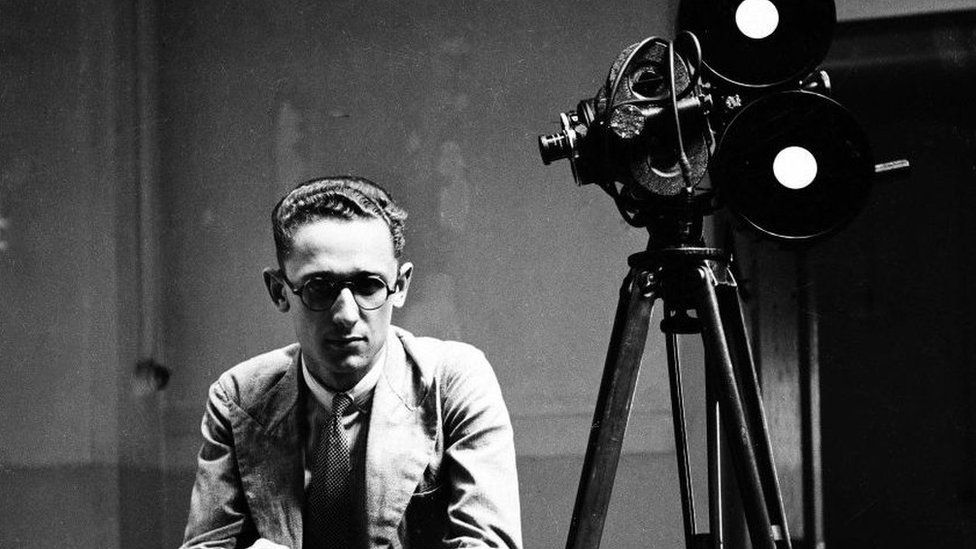
Mr Scott and his wife Dolly were forced to flee the country in the wake of partition, along with their two daughters, eventually settling in Coventry.
“I grew up looking towards my grandpa’s photographic albums when I was really young and that’s what inspired me to make photographic memories for the future,” Mr Tilley said.
The photographer learned his trade firstly on a Youth Training Scheme (YTS), before he moved on to work with local newspapers the Coventry Citizen and Coventry Evening Telegraph.
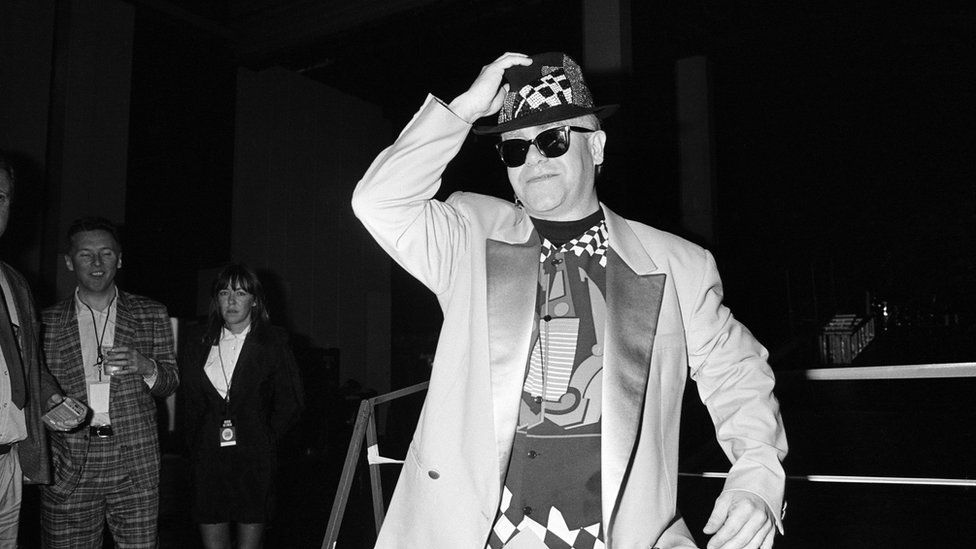
He went on to work for national media outlets, often photographing visiting bands and celebrities.
“I remember photographing Elton John on his 50th birthday, as well as Prince and James Brown,” he said.
“I can remember Kylie at a hotel in Birmingham, but I sometimes don’t remember 30 seconds ago,” added Mr Tilley.
“I also photographed Desmond Dekker for an album cover with The Specials, and another cover for The Selecter”.

He was also one of the first photographers to capture images of children found dumped in Romanian orphanages and hospitals, following the fall of the country’s communist leader Nicolai Ceausescu.
“That was really horrible,” he explained. “Not all the memories I’ve retained are good ones.”
He has been helped to produce a timeline of his most prominent memories by Kyla Craig, director of ARC, an organisation that works to support disabled and neurodiverse artists.
Recall was easy with Mr Tilley’s memories from long ago, she explained. “Whereas, we have to do more shoring up of new things and new information.”
“We have done our most to make sure that those new memories are reinforced, and what should happen over time is they become embedded,” she added.

Dr Kyneswood, of Coventry University, and Mr Tilley’s collaborator in Community Interest Company Photo Miners, helped enable the funding of the project.
He said Mr Tilley had taken some “valuable” documentary photographs, which are also being digitised and uploaded onto the university’s Coventry Digital site.
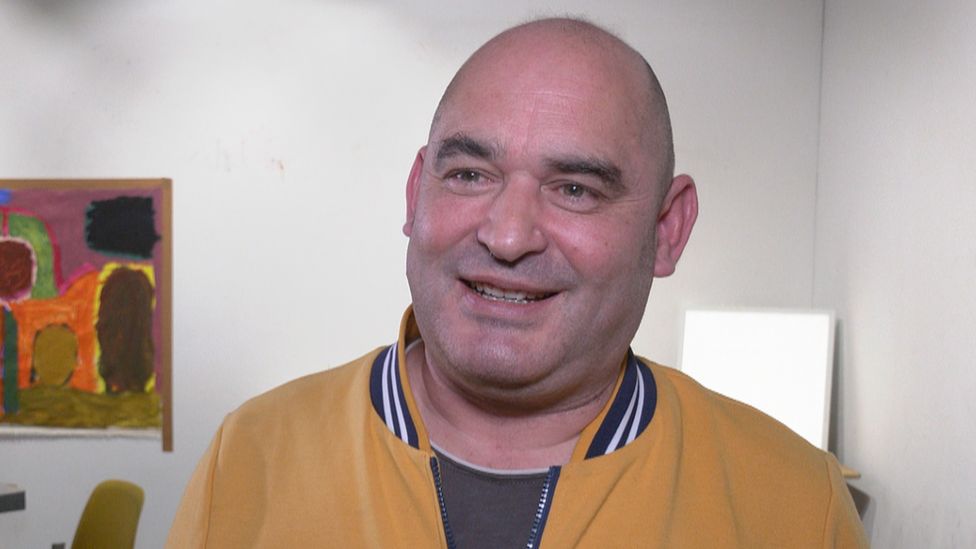
The project enabled the photographer to “get a bit of his swagger back, a bit of his artistic self-importance, which is nice to see,” Dr Kyneswood said.
He added he hoped the project could be part of a movement for “marginalised artists like Jason”, who often “stayed quiet, because the opportunities aren’t there”.
ACE said it is trying to create opportunities for disabled and neurodiverse artists through its Let’s Create programme, supporting organisations like Art Riot Collective.
